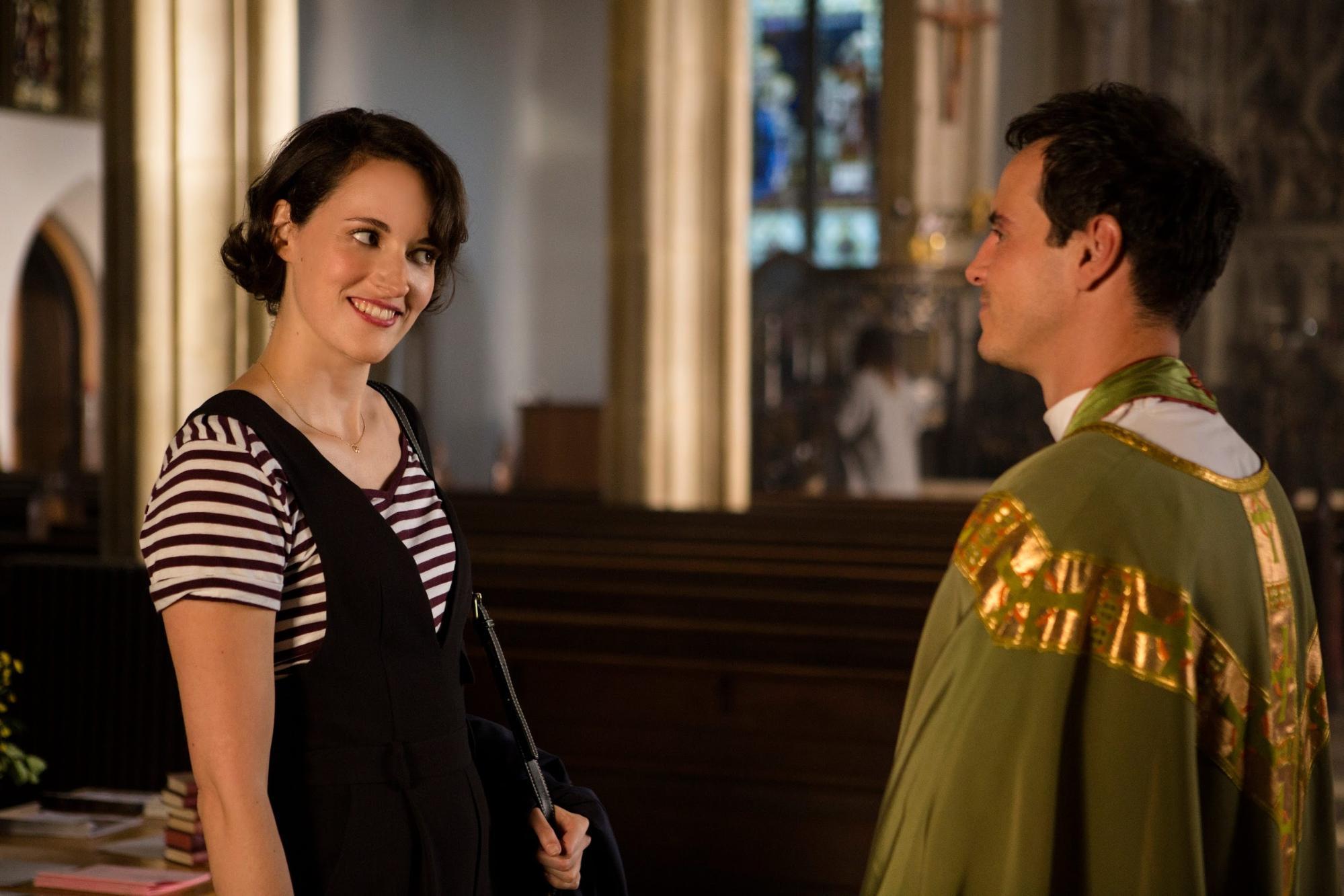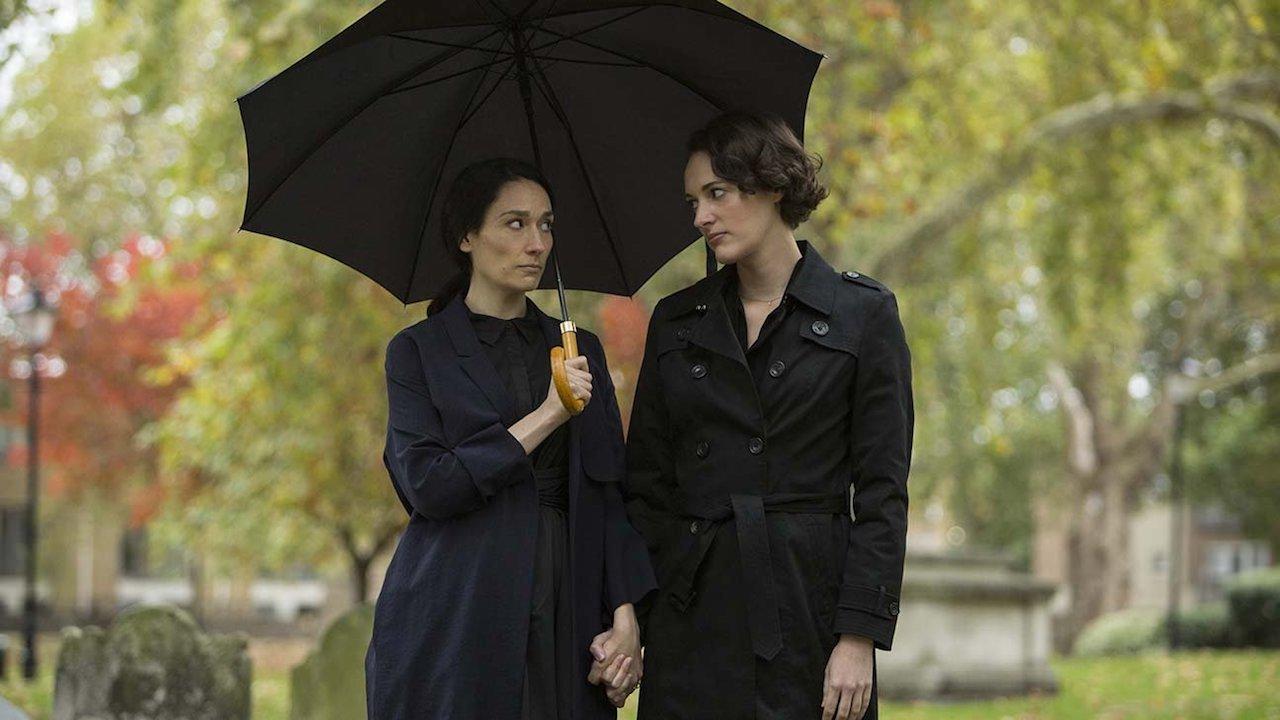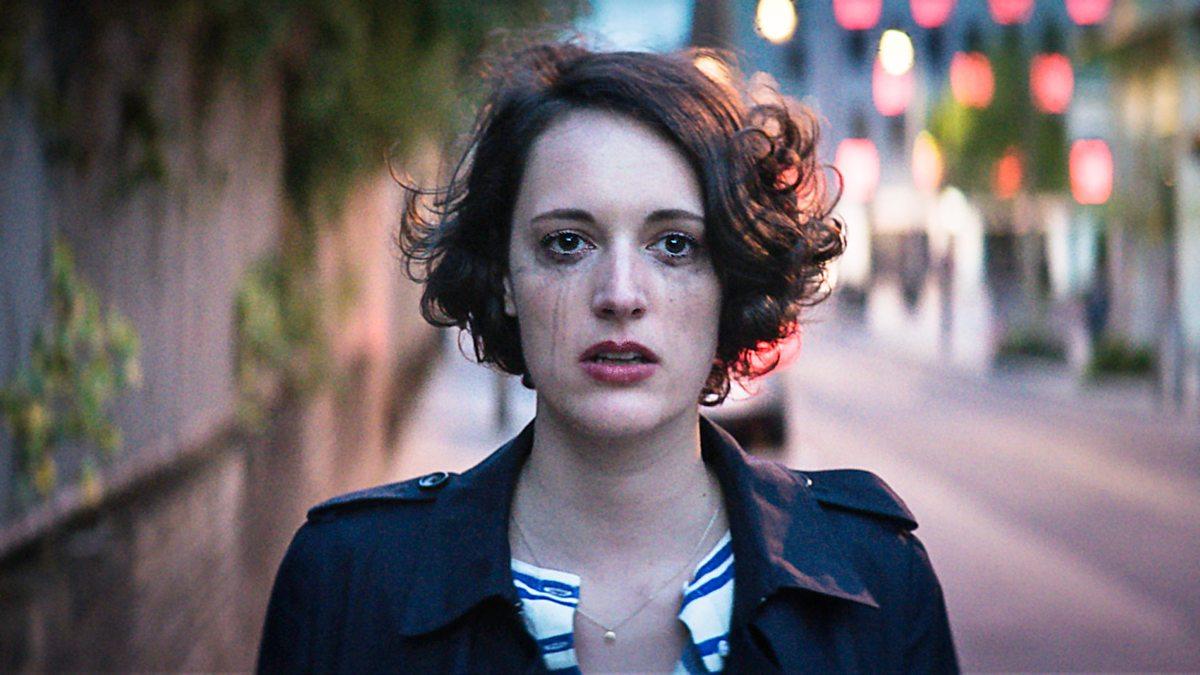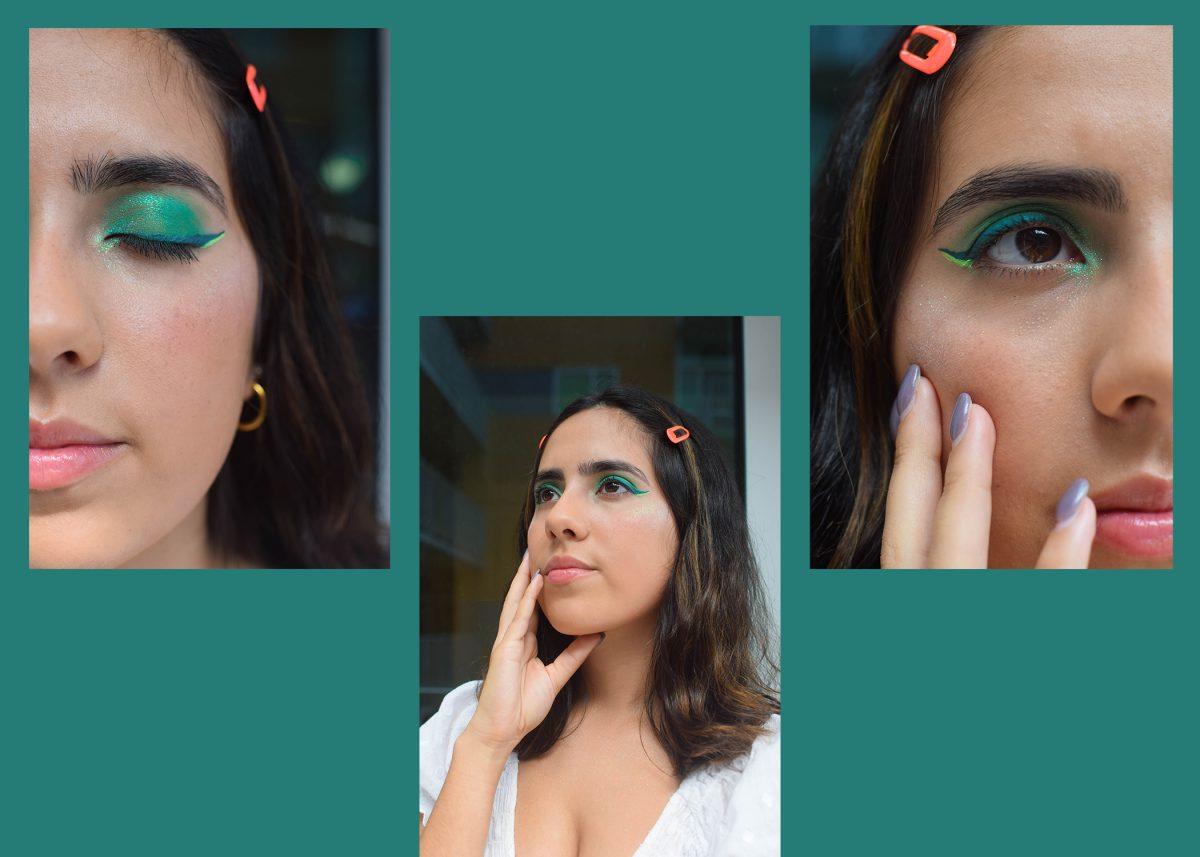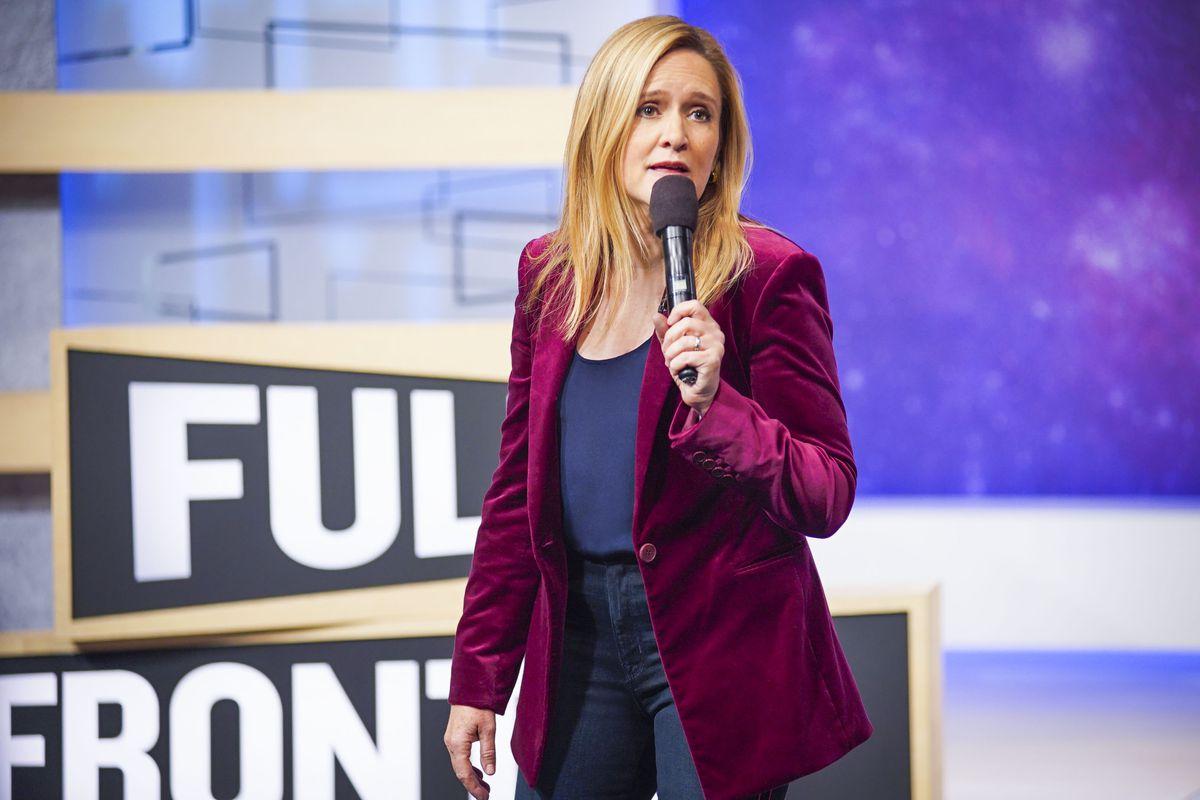The raunchy, award-winning British comedy transcends tired antiheroine tropes through its flawless navigation of an individualized, painful and unruly female existence.
Story by Zoe Judilla
Photo Courtesy of Slate
In the first episode of “Fleabag,” the titular character arrives at her father’s doorsteps at 2 a.m., panicked. After a moment of hesitation, she gives him a sobering admission: “I have a horrible feeling that I’m a greedy, perverted, selfish, apathetic, cynical, depraved, morally-bankrupt woman who can’t even call herself a feminist.”
This sentiment rings true for many.
“Fleabag” is a caustic examination of sex, death, grief, hope and the painful aimlessness of love in its many faces. Scoring four major Emmy wins, including the coveted title of Outstanding Comedy Series, the dark comedy has dominated conversations of entertainment criticism with its story of trauma as it intersects with female autonomy.
Originally written as a play by creator and star Phoebe Waller-Bridge, her sold-out run in Edinburgh caught the attention of the BBC, where it was adapted for television and later distributed through Amazon Studios as a means to reach American audiences. Stylistically, the show is irreverent, sprinkling poignant snapshots of the past as they complement and contextualize a chaotic present, with the titular character often breaking the fourth wall and addressing her viewers to justify her loneliness.
With season one, originally aired in 2016, the audience follows the snarky, eponymous Fleabag – we are never told her real name – as she unhealthily navigates the aftermath of her best friend’s suicide. Her guinea pig-themed café in London is failing, her father has moved on from her mother’s death and is dating her patronizing godmother and her complex relationship with her high-strung sister is ready to combust at any minute. All the while, Fleabag utilizes sex – “I’m not obsessed with sex. I just can’t stop thinking about it. The performance of it. The awkwardness of it. The drama of it.” – as an unhealthy coping mechanism.
While the first season is widely recognized for its sharp narrative efforts, season two reaches new heights of pristine, devastatingly moving television. Aired in 2019, Waller-Bridge explores themes of hope and self-acceptance in the forms of love (both familial and romantic), genuine liberation (from her isolated grief), and one very hot priest. It is heartbreaking, stunning and above all, very, very – almost jarringly – funny.
Photo courtesy of Amazon Studios
Waller-Bridge identifies female rage as the catalyst of the show’s universal themes. In an interview with Vogue, she says, “It feels like, recently, a lot of female anger has been unleashed. Articulated anger. Which is exciting for me because I’ve always found female rage very appealing…I think rage can be something that motivates and galvanizes and changes things, and I think that’s what’s happening now.”
She argues that rage is an active player in female expression: “It has a forward motion to it. I think rage can be harnessed. I find it exciting in women.”
And while it is easy to associate “Fleabag” with cable comedy’s many attempts to galvanize the “unlikeable-yet-quirky woman” trope, Waller-Bridge instead dismantles this concept by creating a work so deeply-rooted in as much pathos as pure sardonicism. She is inappropriate and chaotic. She is selfish and sorely sensitive. She is transgressive with her trauma, spouting dirty jokes as a means to eclipse her anxiety and anger.
Inevitably, her destructive tendencies spill onto the people that are most sacred to her, in turn illustrating some of the most complex relationships on television right now. Although Fleabag is frequently involved with physical or romantic partners, the true heart of the show lies with the relationship between Fleabag and her sister, Claire, intricately played by Sian Clifford.
Photo Courtesy of Amazon Studios
Where Fleabag is often brash and catastrophic, Claire serves as her uptight, clean-cut reflection, strained by her need for control. Although existing on opposite sides of the spectrum, the two women share a tender understanding of each other, as well as their respective frustrations with their unideal lives. In the presence of each other, their internalized rage becomes shared. The perpetually-tense Claire even shocks Fleabag with a throwaway line in the show’s finale: “The only person I’d run through an airport for is you.”
Another one of Fleabag’s key relationships (and the predominant focus of the second season) is the game-changing Hot Priest, played by a charismatic Andrew Scott. Although their love story is a driving force of Fleabag’s willingness to move on, he can be better understood as a symbol of self-forgiveness. He has the ability to notice Fleabag’s interactions with the audience, recognizing them as moments of dissociation. In doing so, Fleabag increasingly withdraws from us, signifying her newfound resistance against an isolated mindscape.
A sense of finality is imminent – the more Fleabag strays from her remote grief, the more essential it becomes for the show to end.
Photo Courtesy of Amazon Studios
Although the positive reception of “Fleabag” has only spiked following its major Emmy wins, Waller-Bridge has stated that she has no current plans for another season.
But in an interview with The Cut, Waller-Bridge and Vicky Jones, the show’s co-creator and Waller-Bridge’s best friend, revealed that many of their narrative decisions reside in their loyalties to the characters, as well as the larger picture of what the show represents: rage, representation and honesty.
“Vicky always said to me, when I was getting too into the darker side of ‘Fleabag’ and I was like, ‘Oh God, this is just a show about sadness,’ she was like, ‘No, never forget, at the end of the day, this is a show about the glory of being a woman,” says Waller-Bridge. “And in the glory of being a woman, the darker bits are involved.”

































